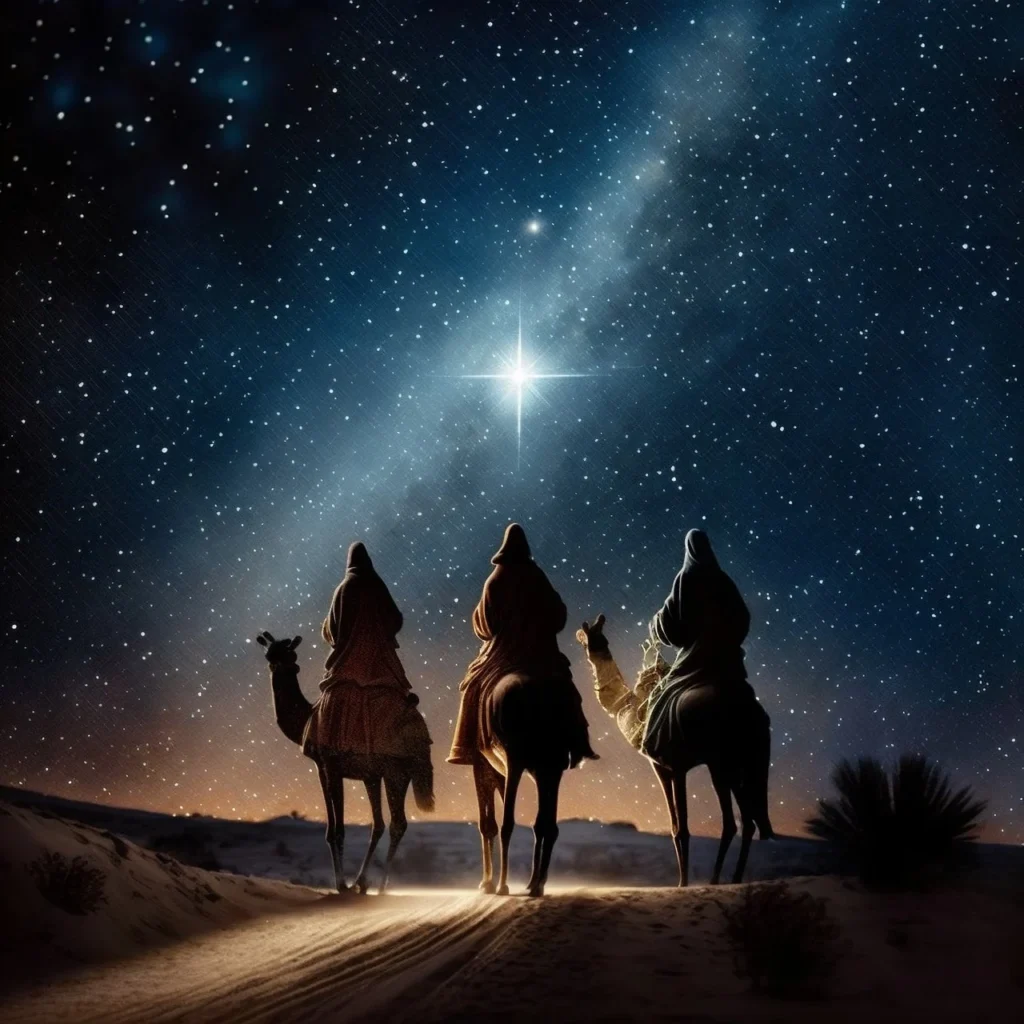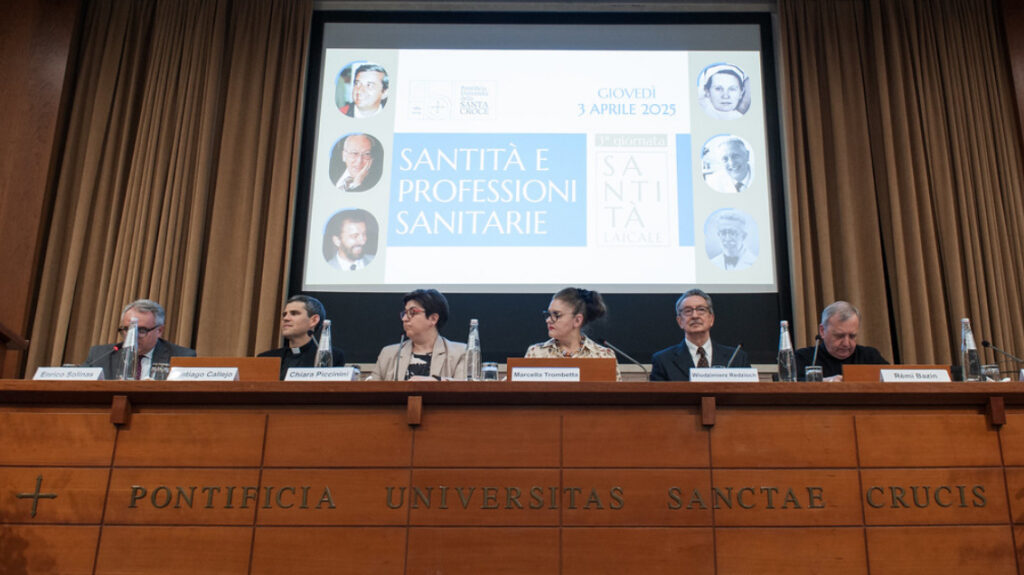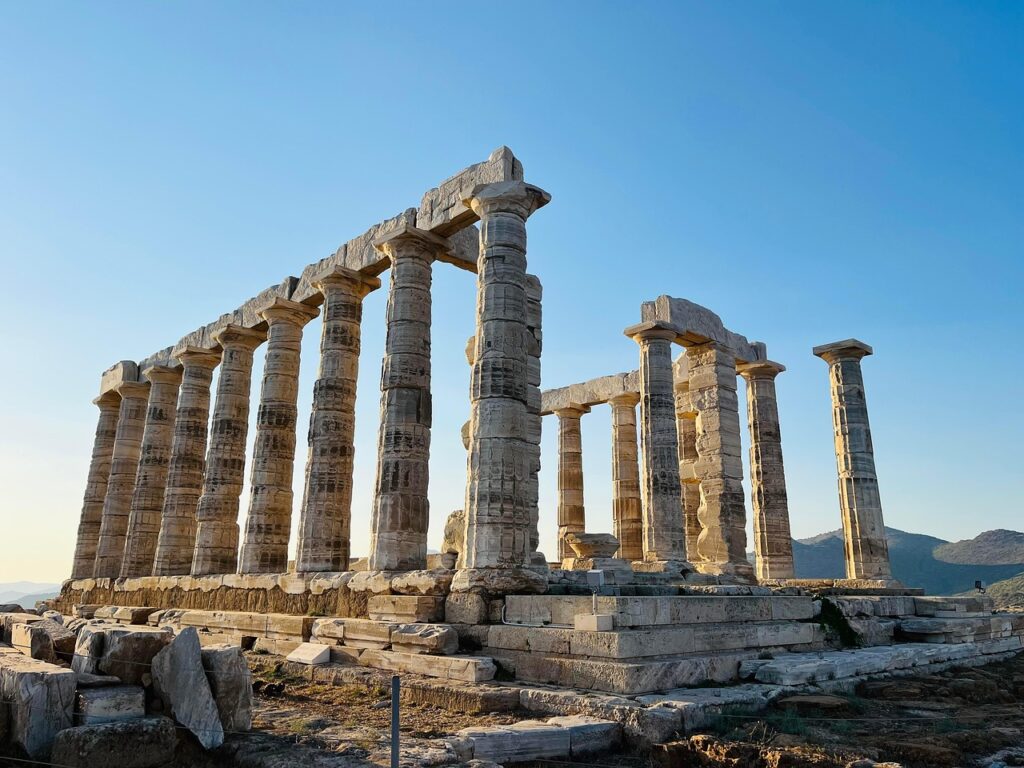Path of Faith: Reflection by Monsignor Enrique Díaz
Epiphany of the Lord

Monsignor Enrique Díaz Díaz shares with Exaudi readers his reflection on the Gospel of this Sunday, January 5, 2025, entitled: “Path of Faith”
***
Isaiah 60, 1-6: “The glory of the Lord dawns upon you”
Psalm 71. “Let all nations adore you, Lord”
Ephesians 3, 2-3. 5-6: “Even the pagans share in the same inheritance as we do”
St. Matthew 2, 1-12: “We have come from the east to worship the king of the Jews”
Today we celebrate the popular feast of the Three Kings, which is barely maintained in our places in the face of the invasion of the superfluous and fat Santa Claus, alien to our customs. Our city of Irapuato is filled with colors, music, and songs with the colorful and traditional “Cabalgata de Reyes” (Cavalcade of Kings), a joy for children and adults alike. The feast of the Epiphany contains a rich theological content that we must not miss. Not in vain is it the most important feast of many Eastern churches. Epiphany means “manifestation.” On this day we relive the moment when God manifests himself to the Gentiles, that is, when the Lord opens the doors of his Kingdom to men of all peoples, whether they are Hebrews. Until Christ was born, those who were not descendants of Abraham could not enter the Kingdom of God according to Jewish thought. They were “pagans,” an impure race, whose proximity stained them to such a degree that one could not enter their houses without becoming impure before God. All this disappears with the presence of the true light. The Lord destroys these borders. With the birth of Christ a new star lights up in the heavens, its light shines with clarity and strength, it is a visible sign of God’s love, of his insistent and persuasive call for each one of us to follow the path marked by the light of faith in Christ, a different path for each one, but open to all, since God calls us all to be illuminated by his light and by his love.
Saint Matthew shows us this in an exceptional way in the exciting story of the Magi from the East. Is it a real story or is it a children’s tale? I would say that it is a tale of the Child God to the children of the Kingdom. Matthew does theology in the Eastern way by teaching that the Child before whom men from distant lands prostrate themselves is the same one of whom Isaiah speaks. And at the same time he reveals to us the great mystery that Saint John reveals in the prologue of his gospel: “He came to his own (the Jews) and they did not receive him.” No religious or civil authority prostrates itself before the Child God, only those Magi from the East. St. Matthew does more than history; he does theology, that “science of children,” of simple and humble people, the little ones to whom the Father reveals the infinite mysteries of the kingdom. To understand and enter the Kingdom of Heaven, we have to become like children; no one can enter who is not born again, beginning by being a child again. Theology does not live in thick and difficult books; it is studied on one’s knees, prostrate, like the Magi in their adoration of the Divine Child. St. Matthew presents us in his story the whole journey of faith: restless searching, openness, acceptance, walking with perseverance in the midst of difficulties and problems, discernment and finally deep and humble adoration before the mystery of the Child. Matthew’s story can help us to live fully the Holy Year, the year of hope.
Certainly, Epiphany is a manifestation of the Lord, but it does not remain in the past. Every day the Lord manifests himself to us, every day God dawns upon our lives. The important thing is that we are able to see Him, that we see Him in the poor who suffer and in the rich who share their goods, in our successes and in our failures. The disciple knows how to discover God in the midst of everyday events. Many times we will need a star to guide us, for the light of God to become more visible through special signs. God is always dawning on our lives, the important thing is that we have clean eyes and hearts, to be able to see God through external events. We must also think that God wants to use, at times, each one of us so that we may be a light and a star that guides the path of others. With much humility and much generosity, offering, not imposing, living, more than speaking. The light of God, His star, when it is truly present in our lives, fills us with an inner and deep joy. Knowing that the light of our life guides other people along the right path gives us confidence and joy.
Today is the day of stars. The day of the illusion of those who believe in the marvelous, of those who understand the wonder that lies in the twinkling of a star, of those who venture out on the path of seeking the newborn Child, of those who do not despise the flickering light of the star of Hope and who know how to discover in the face of the little Child, the “God with us” and with joy prostrates himself before Him and gives Him all that he has. And after contemplating and adoring Him, he does not follow the same paths of Herod, of power, of security, of envy, but “takes the new paths” that the two stars that looked at him with love have shown him. On the day of Epiphany, many challenges arise that we must take on with responsibility and courage: Do I have an ideal worth fighting for? How am I opening my heart to all men? How will we manage to overcome the divisions and individualisms in which this neoliberal world has enclosed us? How am I following the path of Hope?
Lord, our God, through a star you made known to all peoples on this day the birth of your Son, grant that those who already know you through faith may discover in every face of man, woman or child the face of Jesus who has become our brother. Amen.
Related

“Highway to Heaven” Arrives in Rome: Carlo Acutis’ Musical Evangelizes with Art and Heart
Exaudi Staff
09 April, 2025
2 min

University of the Holy Cross: A Day on Lay Holiness
Wlodzimierz Redzioch
08 April, 2025
3 min

“Spain must preserve the faith it once transmitted to us”
Fundación CARF
07 April, 2025
7 min

He who is without sin, let him cast the first stone: Fr. Jorge Miró
Jorge Miró
06 April, 2025
3 min
 (EN)
(EN)
 (ES)
(ES)
 (IT)
(IT)

